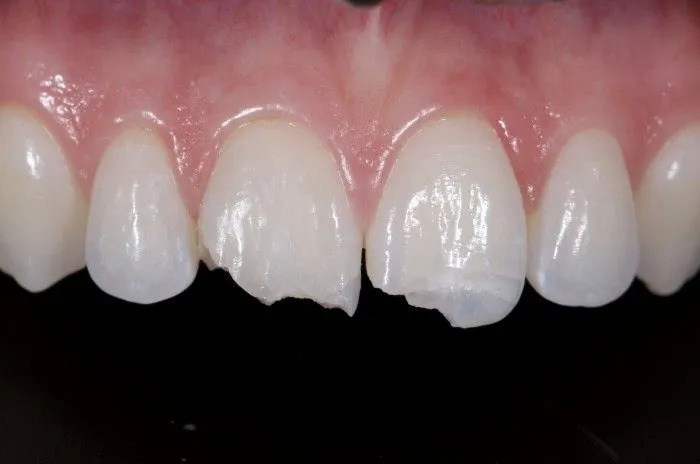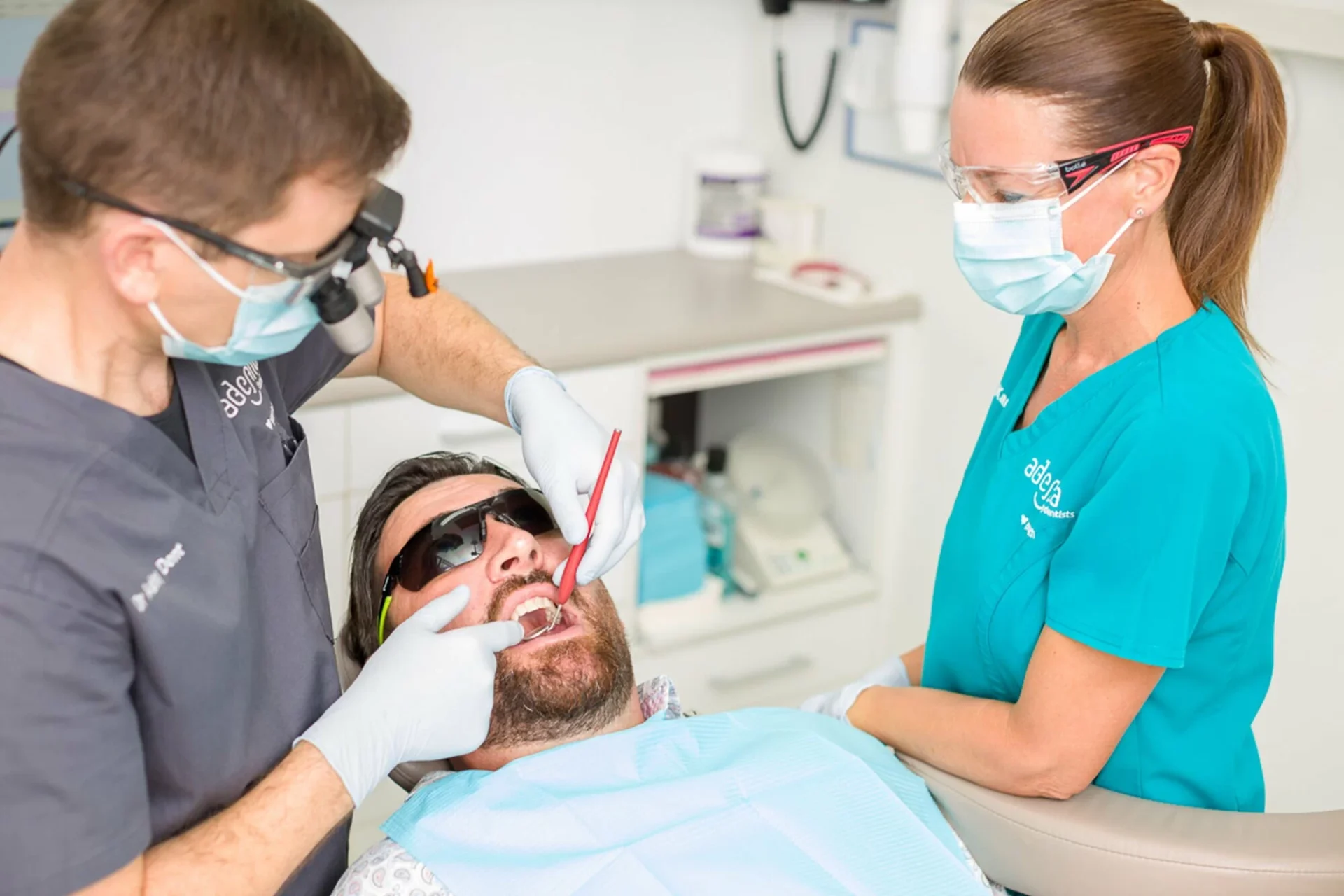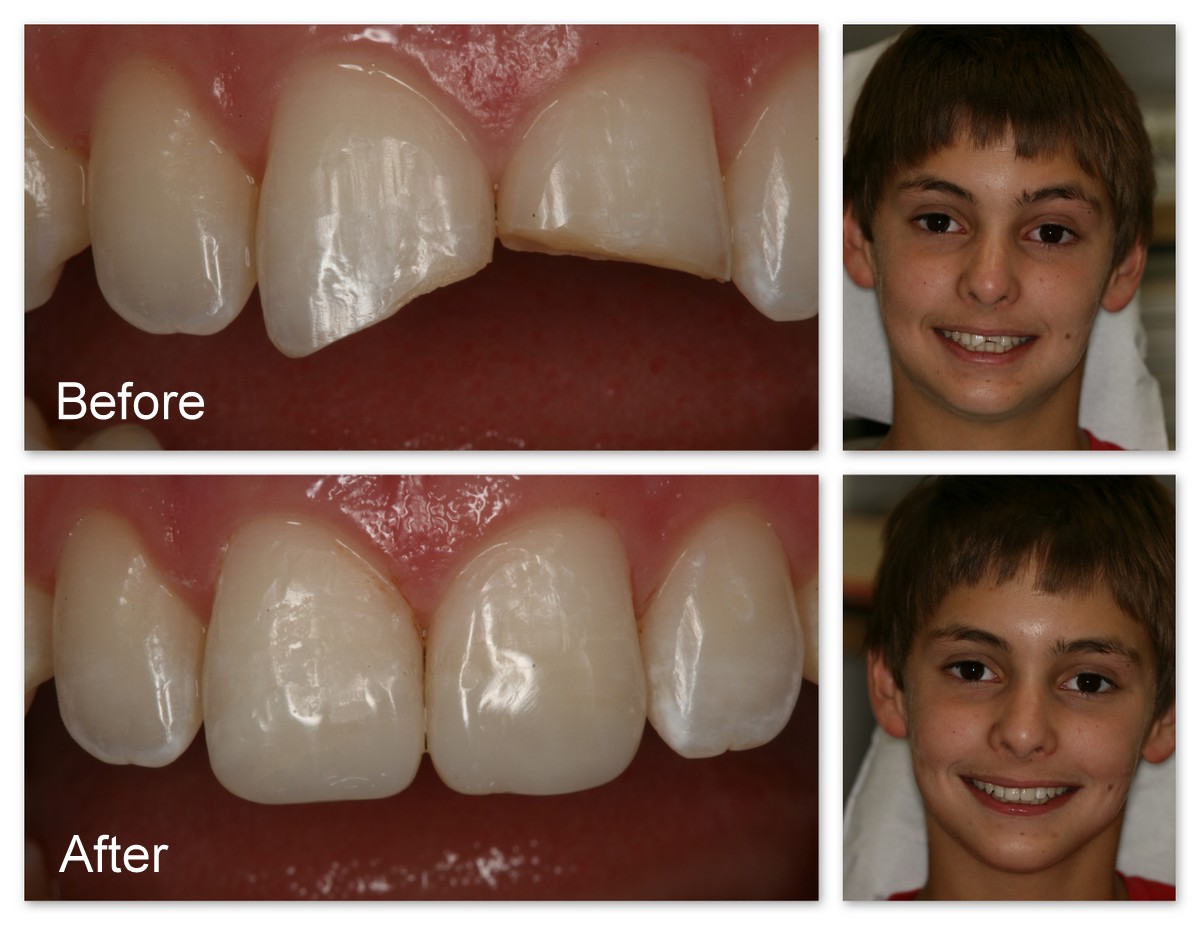
All You Need To Know About Tooth Fractures
Introduction
Tooth fractures are a common dental issue that can cause discomfort, pain and even serious dental problems if left untreated. As the best dentist in Delhi, understanding how to diagnose tooth fractures is crucial in providing the best care for your patients.
In this blog, we will explore the different types of tooth fractures, their causes and the diagnostic methods the best dental clinics in Delhi use to identify and treat them effectively.
A fractured tooth, often referred to as a cracked tooth, is when there is a crack in your tooth. This condition may also be referred to as cracked tooth syndrome. Fractures may occur at any age, but children and adults over the age of 50 are primarily affected.
Cracks range in severity from small and harmless to a complete split or break in the tooth. If you think you may have a cracked tooth, it’s important to visit the best dentist in Delhi immediately for an evaluation.
Understanding Tooth Fractures
Tooth fractures can vary in type and severity. It’s important to be able to differentiate between them to provide the appropriate treatment. Here are some common types of tooth fractures:
There are 5 types of fractures:
- Craze Lines: very small cracks in the enamel, not painful and do not require treatment.
- Fractured Cusp: typically occurs near a dental filling, but doesn’t go into the pulp / nerve, not typically painful.
- Cracks that Extend Into the Gum Line: if a crack has not yet reached the gum line, the tooth is salvageable. However, if the crack extends into the gum line, extraction may be the best option.
- Split Tooth: if a tooth is split into two pieces, the entire tooth may not be salvageable.
- Vertical Root Fracture: fracture that begins below the gum line and travels up the tooth, symptoms are rare, unless the tooth is infected, tooth will usually require extraction.
What Parts of a Tooth Can Crack?
Teeth consist of two parts:
Crown: visible above the gum line
Root: below gums, goes into the jawbone to hold it in place
Teeth have 3 layers:
Enamel: the outer surface
Dentin: the middle layer
Pulp: the soft, inner portion made up of nerves and blood vessels
A fracture may affect only the enamel or may go deeper into all three layers. Treatment depends on the location and severity of the fracture. Early treatment increases the chances of repairing and salvaging the tooth.
Causes and Symptoms of Fractured Tooth
There are several things that could cause a fractured tooth, as well as several symptoms that may indicate that you have a tooth that is fractured.
Understanding the causes of tooth fractures is essential for accurate diagnosis. Some common causes include:
- Trauma: Accidents, falls, and sports injuries can lead to immediate tooth fractures or weaken the tooth structure, making fractures more likely in the future.
- Bruxism (Teeth Grinding): Chronic teeth grinding places significant pressure on the teeth, increasing the risk of cracks and fractures over time.
- Dental Fillings: Large or aged dental fillings may weaken the tooth structure, making it more susceptible to fractures.
- Temperature Fluctuations: Sudden temperature changes, like consuming hot food and then cold beverages, can stress the tooth enamel and potentially lead to fractures.
Other Causes:
The most common contributors/causes of fractured tooth include:
- Age: children and adults over the age of 50 are most susceptible to tooth fractures
- Biting on hard foods, ice, chewing on hard and non-food items
- Ice crunching
- Gum chewing
- Large dental fillings
- Old ill treated Root canal
- Trauma to the mouth/face
- Fracture is most likely to affect the upper front teeth and the lower molars.
Symptoms of Fractured Tooth
Many patients have no symptoms at all that occur with a tooth fracture. However, in some cases, the following may occur:
- Pain, especially when chewing or biting
- Tooth sensitivity to temperatures and sugar
- Swelling around the affected tooth
Diagnosing Tooth Fractures
In order to diagnose a tooth fracture, the best dentist in Delhi or wherever you are, will ask some questions about the symptoms you are experiencing and what may have caused the fracture. Then, they will conduct a comprehensive exam to determine the extent of the damage and determine the best course of treatment. These methods may include:
- Visual Examination: A thorough visual inspection of the teeth to check for visible signs of fractures, such as cracks, lines, or damaged fillings.
- Dental X-Rays: X-rays are invaluable for detecting fractures that may not be immediately visible. They can reveal cracks within the tooth or those extending into the root.
- Bite Test: Dentists may perform a bite test, asking the patient to bite down on a special instrument to identify any pain or discomfort that may indicate a fracture.
- Transillumination: This technique involves shining a bright light on the tooth. It can help reveal hidden fractures by highlighting variations in the tooth’s structure.
- Dye Staining: Special dye can be applied to the tooth’s surface to make fine cracks more visible during examination.
Treatment for Fractured Tooth
Treatment for a tooth fracture depends on the location and severity of the fracture. The treatment options are:
Treating a Fractured Tooth at Home
In order to properly treat a fractured tooth, you’ll need to see a root canal specialist. This type of dental professional has been trained to deal with issues related to pulp/nerve and tooth roots.
However, you may be able to relieve some of your symptoms at home:
- Prevent swelling with an ice pack placed on the outside of the affected area
- Rinse with salt water to clean teeth
- Take an over-the-counter NSAID to relieve pain and/or swelling
Treatment Options for Fractured Tooth
In some cases, the best root canal specialist recommends not treating the fracture, especially if the fracture is small and is not causing pain and is not impacting your appearance. However, if a fracture does need to be treated, the following dental treatments would be recommend in the best dental clinics in delhi or wherever you are:
- Dental bonding: Filling the fracture with composite resin
- Enameloplasty: Smoothing the affected tooth
- Crown: Placing a cap on the tooth, typically used when the tooth is broken and there is not much of it left
- Extraction: Removal of the tooth, typically recommended when the tooth root is severely damaged
- Root canal treatment: This is recommended when the fracture extends into the pulp, allowing bacteria to get into the pulp and cause infection, salvages the structure of the tooth.
- Veneer: A thin shell placed on the front surface of the tooth, used when most or all of the natural tooth is remaining
Preventing Tooth Fractures
The best dentists in Delhi are counselling patients on tooth fractures. A tooth fracture is a Dental emergency and therefore is not 100% preventable. However, there are some things that you can do to reduce your risk:
Practice proper oral hygiene, including visiting the best dentist in South Delhi every 6 months
- Avoid chewing hard foods, ice or non-food objects
- Wear a mouthguard when playing sports
- Wear a nightguard to prevent bruxism or clenching/grinding teeth while sleeping
- When should I see the best dentist in Delhi for a fractured tooth?
If you have a fractured tooth, it’s important to have it evaluated as soon as possible, especially if you experience any of the following symptoms:
- Pain
- Fever
- Swollen gums or lymph nodes
- Sensitivity to extreme temps
- Bad Breath
To book an appointment with us at, ‘Smile Delhi – The Dental Clinic’– call us on +91-9811106871 or whatsapp Dr. Suprriya B Bhatia on +91-9811106377. You can also mail us on [email protected].
“We Care To Make You Smile”
Posted by: Dr Hema


































































